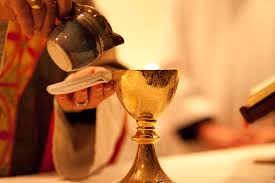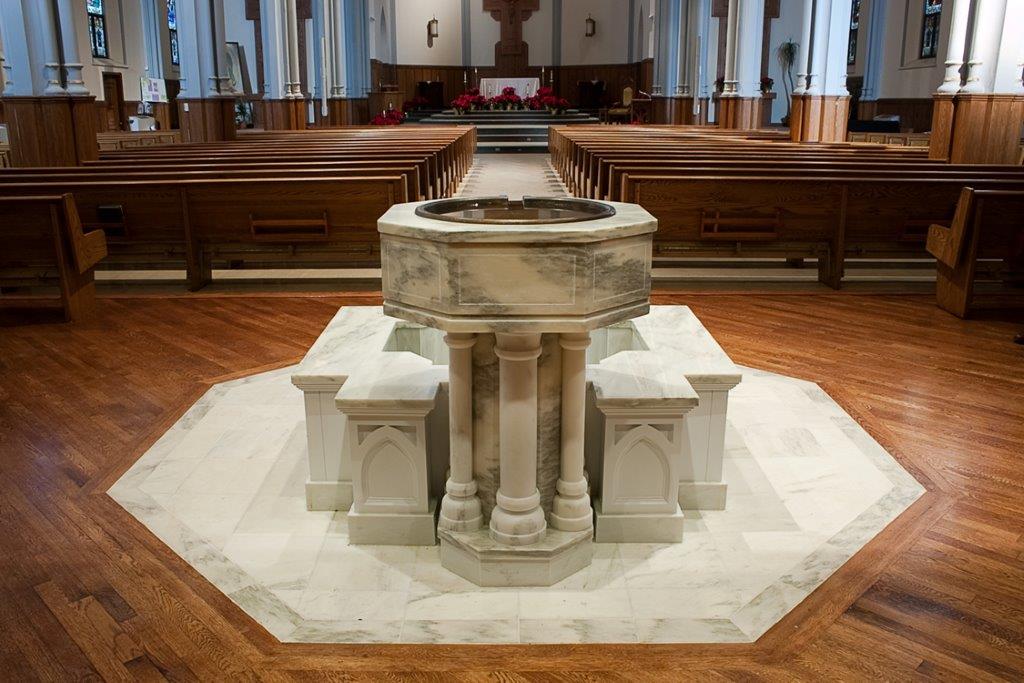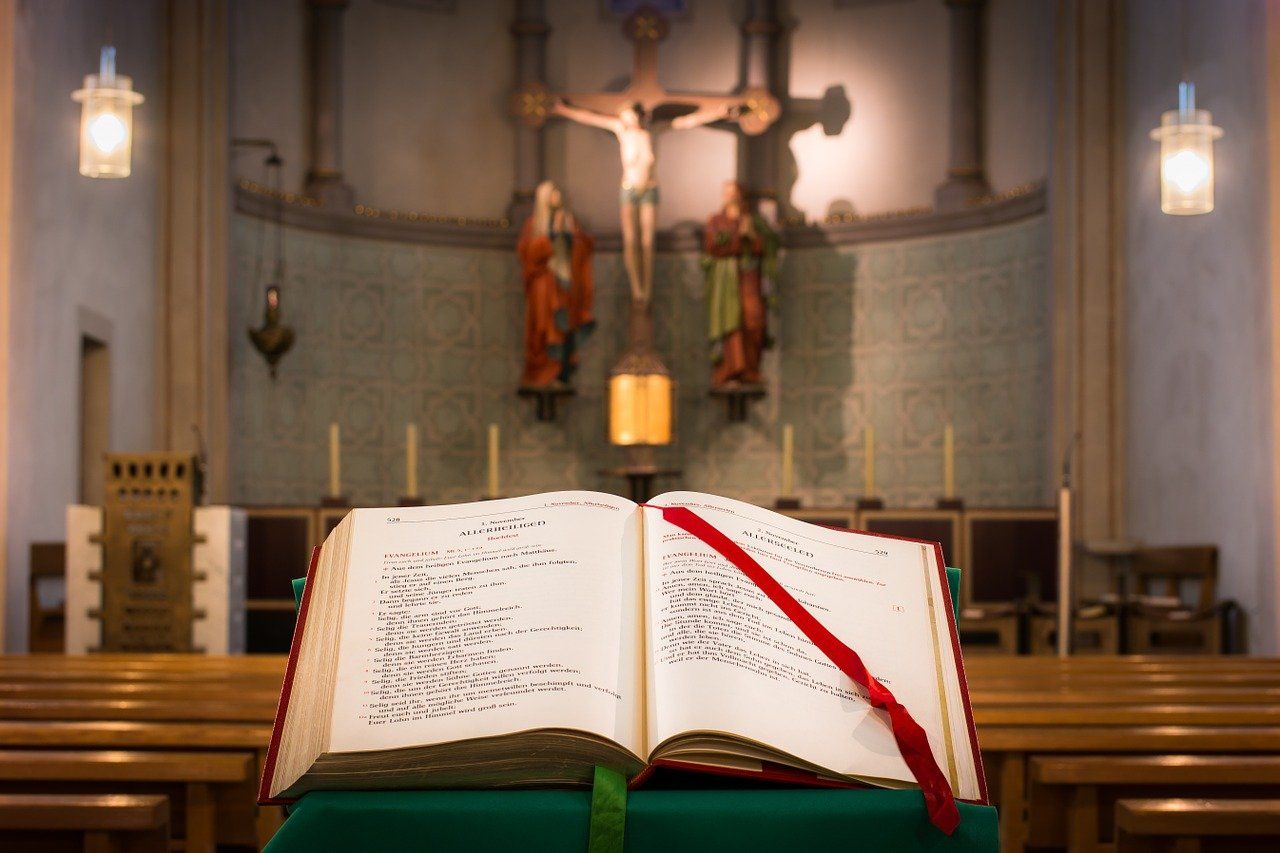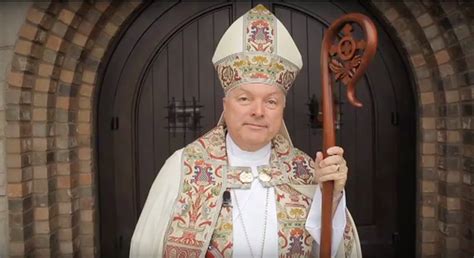The Church
of the Redeemer
a parish of the Reformed Episcopal Church in Wilson, North Carolina
Welcome To Redeemer
We are a mission of the Reformed Episcopal Church and the Anglican Church in North America seeking to:be filled with the Spiritfor the sake of the world. We have received a rich heritage of Scripture, Sacrament, and Life in the Spirit, and we invite you to walk with us in these great blessings!
Redeemer's Faith
Posts from the Vicar
Who would have thought that a virus would make us reflect deeply on what it means to be the church? Yet COVID-19 has brought into sharp relief the basic divide in North American Christianity between those who think of the church as a voluntary association of like-minded individuals and those who believe it is the real body of Christ, into which we are incorporated. The emphasis on the individual in large swaths of contemporary culture results in an anemic ecclesiology, as the recent crisis makes clear. John Williamson Nevin, one of the key representatives of German Reformed Mercersburg theology, sharply attacked the revivalism of his day, commenting in his 1849 article on “The Sect System”: “The sect mind . . . in proportion as it has come to be unchurchly and simply private and individual is always necessarily to the same extent unsacramental.” Abraham Kuyper, the great Dutch Reformed theologian and statesman, observed in his 1898 Lectures on Calvinism that “Calvinism, by praising aloud liberty of conscience, has in principle abandoned every absolute characteristic of the visible Church.” He described it as “a liberty of conscience, which enables every man to serve God according to his own conviction and the dictates of his own heart.” Baptist theologian Curtis Freeman, in his 2014 book Contesting Catholicity , similarly laments “soul competency”—the radical emphasis on individual conscience—which, beginning in the nineteenth century, has come to dominate Baptist theology. Nevin, Kuyper, and Freeman all share the same concern about the inversion of the relationship between the church and the believer. The Internet has been abuzz lately about virtual communion: Why not have the priest do his thing in front of the camera, while we partake by ourselves looking into the screen—with social distance serving as one of the few remaining ritual demands? Read the whole article





